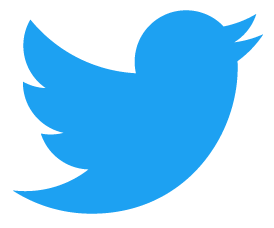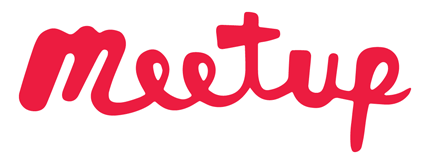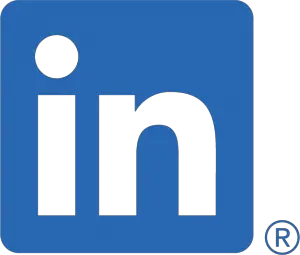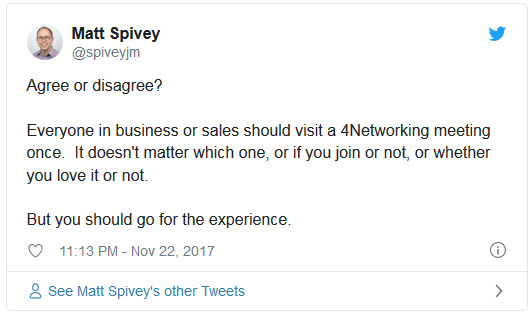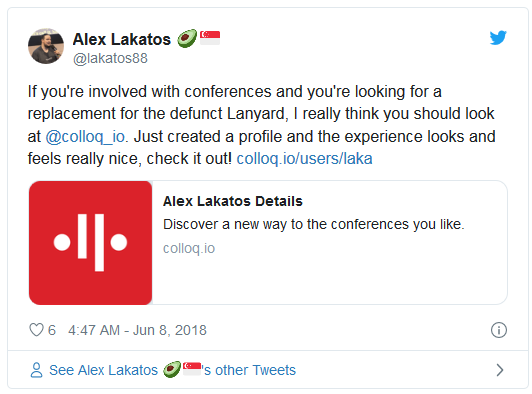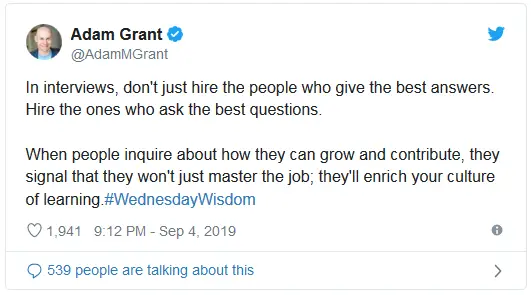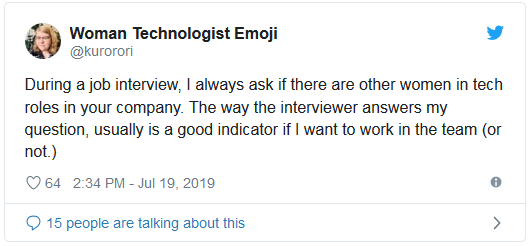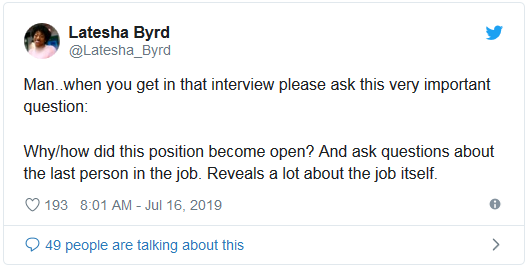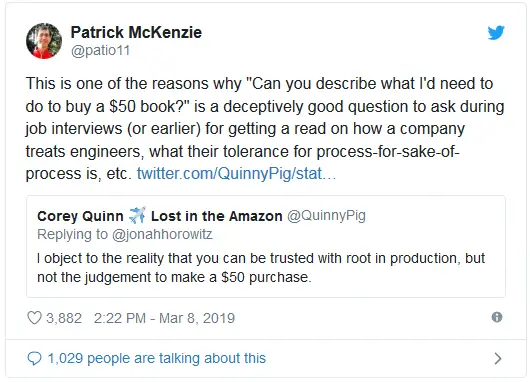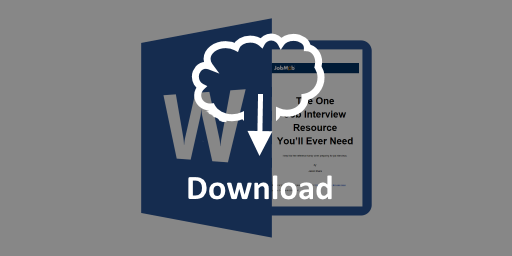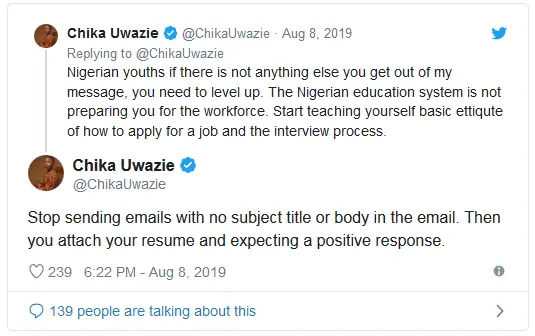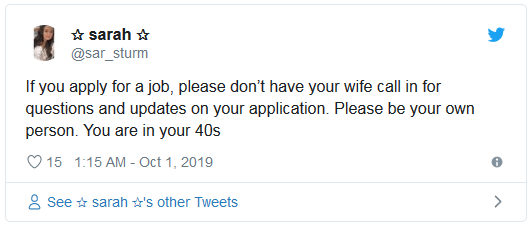How to find upcoming free and paid local networking events nearby.
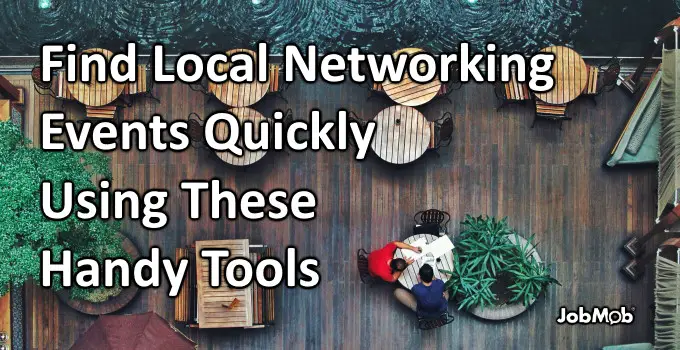
Local social networking events are great for:
- learning of new job opportunities and sharing some with others
- practicing your elevator pitch and learning from others'
- handing out business cards and receiving others (you know that job seekers need business cards, right?)
And more.
Plus, you get these benefits even if the event isn't industry-related, or even if it's not technically called a “networking event” at all.
Here are websites that you can use to find local job fairs, networking groups, industry events or any other kind of event that can help your job search.
Note: There is a poll embedded within this post, please visit the site to participate in this post's poll.
20 Websites For Finding A Local Networking Event Near You
1. Google
You can often find local networking groups and events by simply googling:
- “[where you live] business networking”
- “[where you live] networking events”
- “[where you live] social network”
- “networking events near me”
Or trying the same on another search engine.
In fact, try at least one other search engine such as Bing or Duck Duck Go (the best search engine you've never heard of).
2. Facebook
Go to the events page to see if you've been invited to an upcoming event. Use the Search box to look for events directly. Ask your friends, or even ask other people by posting a question on the Wall of a relevant Fan page.
3. Twitter
Use Twitter Advanced Search. Take advantage of the (albeit not great) “Near this place” filtering by area. You can also try searching by hashtag, since many events now have a dedicated one. Even better, search on the word “event” with a hashtag for the place name e.g. #NewYork or #Jerusalem.
4. Craigslist
Choose the location you want to search in the right-hand column and then use the search box located in the left-hand column.
5. Yelp
In the right-hand search box, type in the location where you're hoping to find events. In the left-hand search box, type what kind of event (e.g. job fair) you're looking for, or just leave blank to see what comes up.
6. Eventbrite
The homepage will suggest local events if it can tell where you are (it thinks I'm in San Francisco but this is probably just by default). Your best bet, especially if you don't want to create an account, is to click on the Find Events tab and search there.
7. Meetup
Once you sign up and tell Meetup where you are, the Find page will suggest Groups or Meetups (events) near you, or you can manually search for events that interest you anywhere else.
8. LinkedIn
LinkedIn launched its new Events recently, and its functionality is very basic initially. I'm surprised they took so long to add this ability to the site.
The organizer of a LinkedIn Event plays the role of the event’s host. As an organizer, you are responsible for setting the agenda for the event, deciding logistics, inviting attendees, and updating the event group. You can organize events based on your audience, or the event’s content.
But while it's easy to create an event, it's not easy to invite large numbers of people right now, and it's also not easy to find events unless you were invited.
Stay tuned, because they'll definitely add features soon.
9. Sofi
SoFi is a new kind of finance company taking a radical approach to lending and wealth management, and their events are “happy hours, educational events and member dinners happening in your neighborhood.” (USA-only)
10. Eventful
Type [your city] in the Location box and [event] in the next search box. You can use the Advanced Search to refine dates or search on venues, which is handy if you live e.g. near a convention center.
11. EventZilla
EventZilla creates products for managing events, and their site also has a list of upcoming events run by their customers.
Personal Networking Expert Michael Goldberg at TEDxMillRiver
What's the difference between serendipitous networking vs strategic networking? Some great stories and more…
12. 4Networking
The Find a Business Networking Meeting page lists what's coming up. Very UK-oriented.
13. Eventil
Events for Tech People. Find talent at technical events anywhere in the world.
14. PaperCrowd
Find Research and Academic Conferences.
15. Colloq
Discover Upcoming Events. Find and attend events or discover the media coverage of past events.
16. Network Nite
Simply select your city, choose the event you wish to attend and purchase your tickets online. Any questions, concerns or advice can be called upon anytime simply by e-mailing Info@NetworkNite.com
Texas only, mainly near Houston. Click on Events in the navigation menu to see upcoming events.
18. Lean In Circles
A Circle can be a monthly roundtable at your home, a brown-bag lunch series at work, or even a virtual meet-up with people from around the world. The important thing is that you get together regularly—and that everyone participates. Your Circle can also join up with other Circles and create a Chapter that hosts events and supports networking.
Click on the Event Types or Future Events tab to see upcoming business networking events around the UK.
UK-only. Search events by clicking the Events by Region, Events by Town/City, or Events for Women tab.
Question of the article
What's your favorite website for looking up business or job networking events? Tell us in the comments.
What others are saying
- 5 Types of Networking Events Actually Worth Your Time
- Why networking events are a waste of time, and what to do instead (tldr: go to other kinds of events that aren't officially defined as networking events)
- Don't Go To Networking Events – Go To These Instead
- How to Find Networking Events Actually Worth Attending
READ NEXT: 15 Conversation Starters That Make Networking Events Great
Subscribe to JobMob via RSS or email and follow me on Twitter for more ideas to network to your next job.
via JobMob More Information Here..



